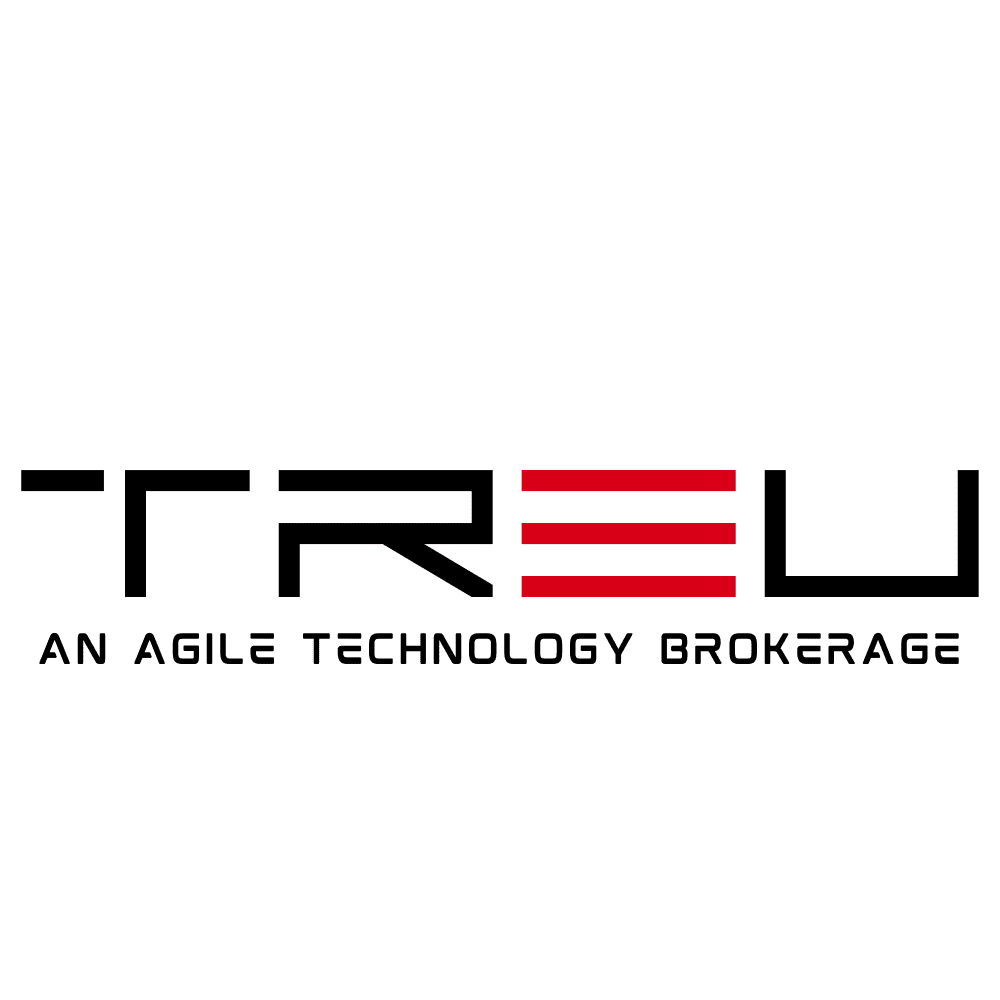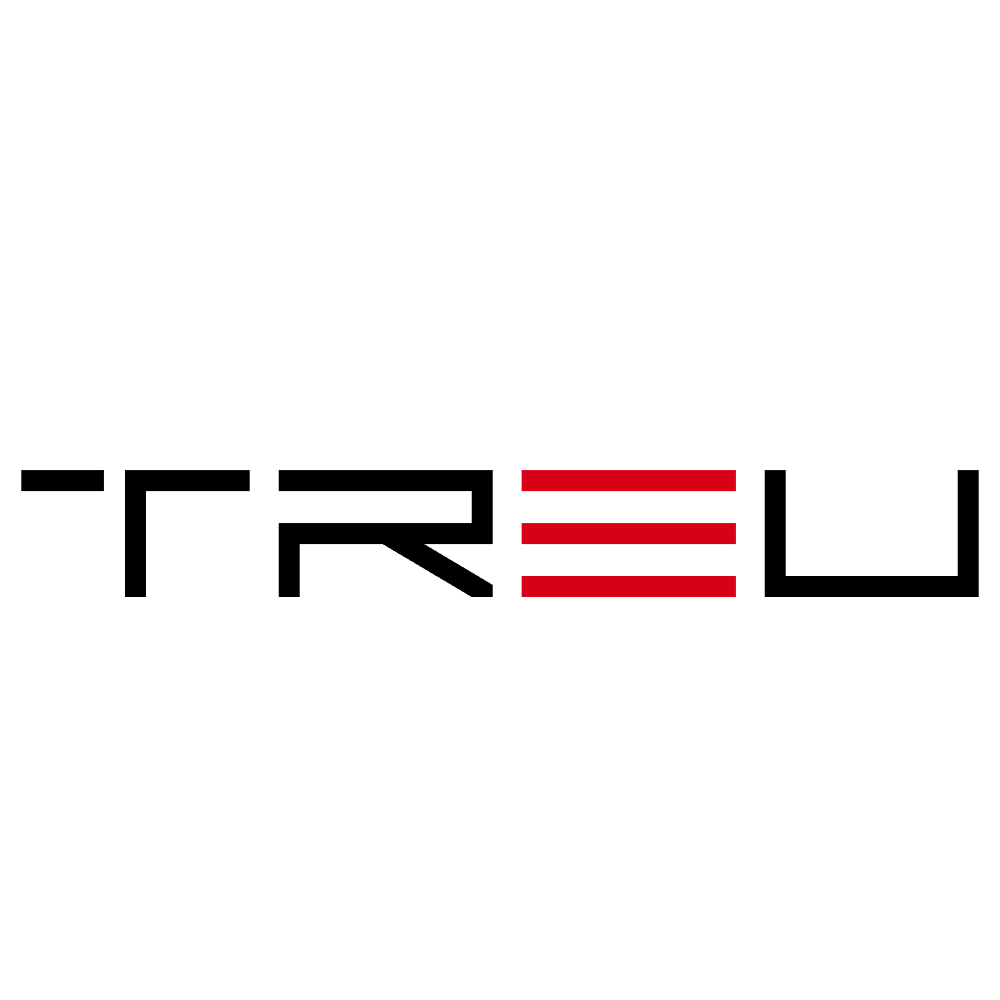Apple Google AI Deal, MTN Launches Nokia Wi-Fi 7 Beacon
Two major developments are shaking up the tech and telecom industries this week as Apple and Google discuss a groundbreaking AI partnership, and MTN teams up with Nokia to bring cutting-edge Wi-Fi 7 to the African telecom market. These strategic moves signal a strong push towards next-generation technologies that promise faster connectivity, smarter experiences, and a redefinition of how users interact with devices and networks.
Apple and Google: A Strategic AI Integration in the Works
Apple and Google—two of the biggest names in tech—are reportedly in advanced discussions to integrate Google’s AI technology, Gemini, into future Apple iPhones. This deal, expected to roll out as early as the iOS 18 update later this year, could bring Google’s generative AI features directly to hundreds of millions of iOS users.
What Makes Gemini a Game Changer?
Gemini is Google’s flagship AI model designed to compete directly with OpenAI’s ChatGPT. Known for its high performance in text generation, summarization, and code writing, Gemini offers powerful capabilities that would significantly enhance iOS’s native functionalities such as:
- Smart replies and text completion in iMessage
- Context-aware summarization of emails and documents
- Smarter suggestions in Safari browser and Siri
- Advanced image and video generation tools
This potential integration hints at Apple’s increasing openness to third-party AI innovations, a notable shift from its traditionally closed software ecosystem.
Why This Partnership Matters
While Apple continues to develop its own AI capabilities, experts speculate that collaborating with Google could accelerate time-to-market for new AI experiences on Apple devices. It also gives Apple access to cloud-based AI processing power that could significantly enhance the iPhone’s user experience every day.
The deal could redefine the future of mobile AI by combining Apple’s secure, hardware-driven infrastructure with Google’s advanced cloud-based AI models.
MTN and Nokia Revolutionize African Connectivity With Wi-Fi 7
While the west eyes AI innovation, Africa is accelerating its digital transformation with hardware improvements. One major development: MTN South Africa, one of Africa’s largest mobile network operators, has joined forces with Nokia to launch the continent’s first Wi-Fi 7 device—the Nokia Beacon 24.
Introducing the Nokia Beacon 24
The Nokia Beacon 24 is a state-of-the-art mesh Wi-Fi device that supports the Wi-Fi 7 standard (IEEE 802.11be). Known for its ultra-high speeds, low latency, and capacity to manage multiple devices seamlessly, Wi-Fi 7 represents a giant leap from the previous Wi-Fi 6/6E standards.
Key performance benefits of the Nokia Beacon 24 include:
- Speeds up to 40 Gbps, ideal for 4K/8K streaming, gaming, and cloud apps
- Quad-band support to handle more devices without compromising speed or reliability
- Enhanced network slicing allowing different network profiles for different devices
- Ai-driven mesh network optimization, ensuring uninterrupted connectivity across large spaces
With the ability to plug directly into MTN’s existing fiber infrastructure, the Beacon 24 empowers consumers and businesses to experience Wi-Fi like never before.
Strategic Timing for Digital Growth
MTN’s launch of the Beacon 24 is perfectly timed. According to recent data, Africa has seen substantial growth in internet usage, digital entrepreneurship, and device penetration. MTN’s adoption of Wi-Fi 7 positions it as a leader in the digital connectivity landscape—especially critical as more users demand stable, high-performance internet for:
- E-learning and remote education
- Enterprise video conferencing and collaboration
- Smart home solutions and IoT expansion
- Online commerce and financial services
MTN’s CTO, Michele Gamberini, emphasized that the partnership with Nokia paves the way for a smarter, connected Africa. The Beacon 24 aligns with MTN Group’s ambition to deliver digital solutions for Africa’s progress.
The Broader Impact of AI and Wi-Fi 7 Adoption
Both developments—the Apple-Google AI deal and MTN’s Wi-Fi 7 rollout with Nokia—are emblematic of a tech landscape entering a new era. Together, they signify:
- Acceleration of AI-powered mobile features influencing how users communicate and interact with devices.
- Boundary-pushing innovations in connectivity that enable smart homes, AR/VR applications, and immersive entertainment.
- Cross-industry collaborations—whether global like Apple and Google or regional like MTN and Nokia—driving transformation quicker than solo efforts.
With generative AI models like Gemini reshaping software experiences and Wi-Fi 7 technologies like Beacon 24 powering next-gen devices, users are poised to benefit from unprecedented speed, intelligence, and efficiency in daily digital interactions.
Challenges Ahead
Despite these advancements, industry experts caution that widespread adoption will depend on:
- Affordability and accessibility of AI and Wi-Fi 7-enabled devices
- Data privacy concerns, especially with AI integrations involving personal communication networks
- Infrastructure readiness—especially in emerging economies where fiber penetration remains limited
- Education and digital literacy to ensure users can fully leverage these technologies
Conclusion: A Bold Future for Tech Innovation
The world is witnessing a convergence of powerful hardware and intelligent software solutions. The potential Apple-Google AI deal could bring transformative features to the palms of iPhone users worldwide, while MTN and Nokia’s Beacon 24 sets a new benchmark for Internet experience in Africa.
As the industry races toward the future, collaboration and user-centric design will be key. Whether it’s smarter phones or faster Wi-Fi, the message is clear: Next-gen technology is no longer a luxury; it’s an expectation.
Stay tuned to our blog for more updates on mobile AI integrations, connectivity breakthroughs, and how these trends are shaping our digital future.

